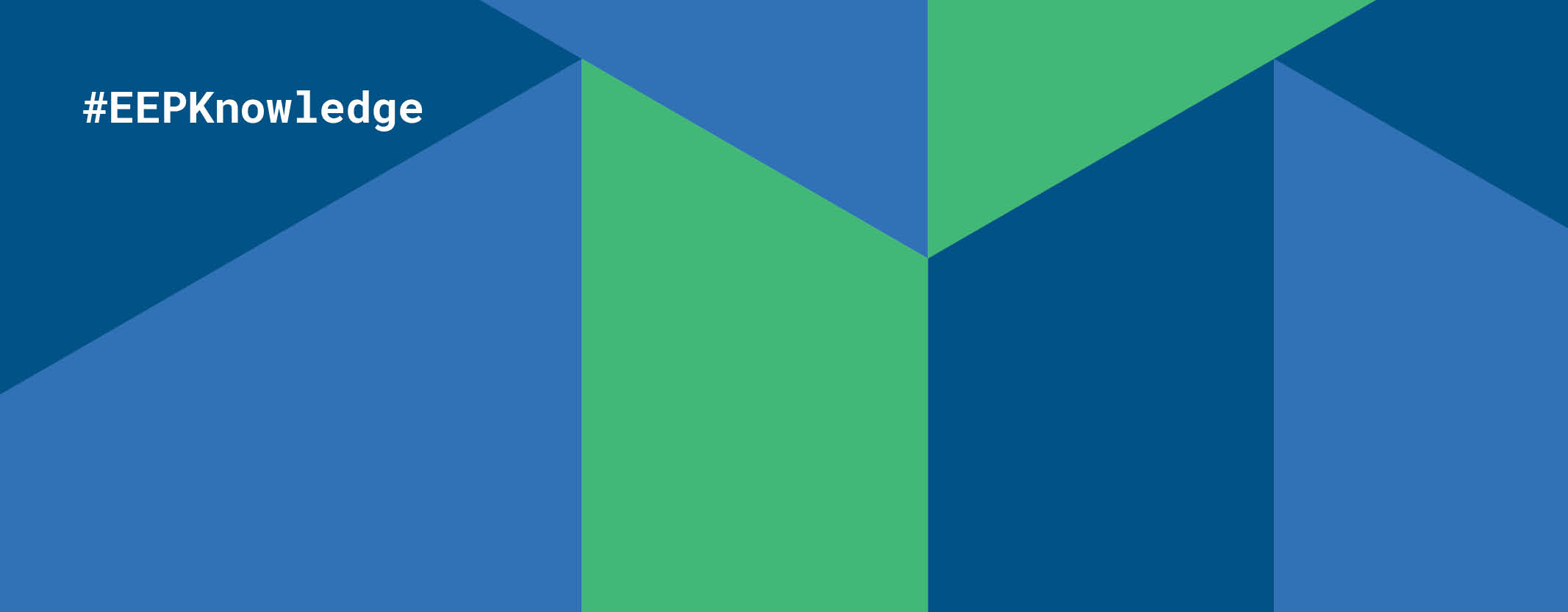
The voluntary carbon market presents an opportunity for renewable energy companies to access additional revenue streams and expand their reach. Despite the opportunity, the African carbon credits market has significant scope for growth, having attained only 2% of its full potential to date. Market-related challenges primarily hinder the development of the carbon credits market in Africa. Especially small businesses face disadvantages that restrict their direct access to the carbon credit market. These include high associated costs, required scale, and a lengthy and cumbersome accreditation process. However, innovative approaches are emerging which address these barriers.
EEP Africa Knowledge Week wrapped up on Thursday, 8 February with a session entitled “Unlocking Carbon Finance for Smaller Businesses”. The session, moderated by EEP Africa Portfolio Manager Karlijn Groen, was aimed at small businesses working in the clean energy space who wanted to learn how to access carbon credits. The speakers discussed several cost-effective and innovative solutions emerging within the carbon credits market, catering to the needs of smaller businesses.
The first speaker was Ryan Ombara, Project Leader at Open Capital, who introduced EEP Africa’s recent “Carbon Credits Market Access Study”. The purpose of this publication, prepared with support from Open Capital, was to survey the landscape of challenges smaller energy businesses face when accessing carbon credits. It also gives an overview of the requirements to enter the carbon credits market, including the necessary scale of operations and costs incurred. Further, the work identified some players in the market who can help smaller companies bridge the gaps, including organisations represented by speakers in the webinar.
Dennis Owino Onono, Associate Director for South Pole, presented on the topic of pre-financing, providing an overview of South Pole’s work. South Pole is a climate company that works through partners such as project developers, financial institutions, and governments on how to achieve their climate goals. South Pole oversees every step of project development, serving as both carbon developer and credit retailer. Dennis highlighted two things he urges companies to think about before pursuing carbon finance. Firstly, that project developers make sure they have internal capacity to deliver the implementation of their project. Secondly, he encouraged companies to think about how carbon finance fits into their business model as a whole.
Nicole Kugelmass, Director Strategic Initiatives & Investments at Mirova SunFunder presented on the topic of financial aggregation. Mirova is an asset manager which acquired SunFunder in 2022, and as Mirova SunFunder finances distributed renewable energy companies in emerging markets. Nicole represents the Impact Finance Services team, which is dedicated to delivering specialized corporate advisory services to companies operating in the clean energy sector. One of the projects of the team has been working on is to address the sector-wide initiative of aggregating carbon credits. On this topic, she provided an overview of the Climate Assets Aggregator Platform, a proposed solution to the high barrier of entry to climate finance for mini-grid developers. This solution would aggregate carbon credits for and create a framework agreement directly with a climate asset buyer to address the issue of uptake risk, scale, and pricing for developers.
We then heard from Nikki Carenza, Manager at 4R Digital, a digital finance technology incubator who built the Cavex platform, driven to increase integrity and impact in carbon markets. This platform connects buyers of carbon credits to supply side projects, using data and technology to make the processes by which buyers and sellers connect and transact more efficient. This solution is especially relevant for smaller scale projects, which right now cannot access carbon finance because of the scale required. The key challenge Cavex is trying to address is the cost, both in terms of money and time, involved in accessing carbon markets.
Finally, Madrin Maina, the Director for East-Africa at Sistema.bio, presented from the perspective of an energy company already accessing carbon finance. Sistema.bio is a successful former EEP Africa grantee which offers a biodigester package that produces biogas for thermal and mechanical energy and biofertilizer. Sistema.bio’s innovation lies in successfully harnessing an existing waste stream to create impact for farmers and generate carbon offsets. This biodigester system reduces GHG emissions by providing proper manure treatment, substituting household fossil fuel use, and by helping farmers displace some, or all, use of chemical fertilizers. Marin shared Sistema.bio’s timeline for entering the carbon market, highlighting that although founded in 2010, the company did not begin to access carbon credits until 2019. She also discussed the challenges they faced, such as the technical learning curve, the long timelines for certifying projects, and aligning carbon revenues with their operations.
After her presentation, the session concluded with a panel discussion and Q&A from the audience.


